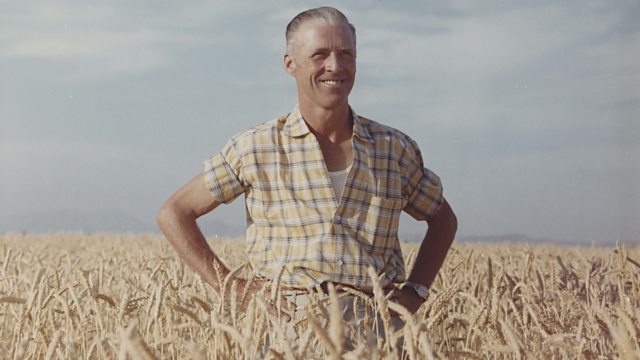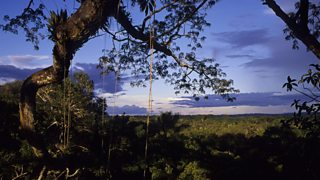The man who fed the world
Dr Norman Borlaug's pioneering work on disease-resistant crops saved millions of people from famine and malnutrition. But there was controversy over his methods.
In 1970 the American scientist, Norman Borlaug, was awarded the Nobel Peace Prize for his pioneering work developing disease-resistant crops. At the time famine and malnutrition were claiming millions of lives across the world, particularly in South Asia. Dr Borlaug鈥檚 work meant countries like India were able to become self-sufficient. Critics said the new grain varieties were too reliant on chemical fertilizers, but it鈥檚 thought millions of lives were saved. Rebecca Kesby has been speaking to Professor Ronnie Coffman, student and friend of Norman Borlaug.
(Photo: Dr Norman Borlaug in a field of wheat. Credit CIMMYT International Maize and Wheat Improvement Centre)
Last on
More episodes
Previous
Broadcasts
- Wed 16 Oct 2019 07:50GMT91热爆 World Service
- Wed 16 Oct 2019 12:50GMT91热爆 World Service News Internet
Featured in...
![]()
Environmental history—Witness History
Listen to and download our programmes below
Podcast
-
![]()
Witness History
The story of our times, told by the people who were there



